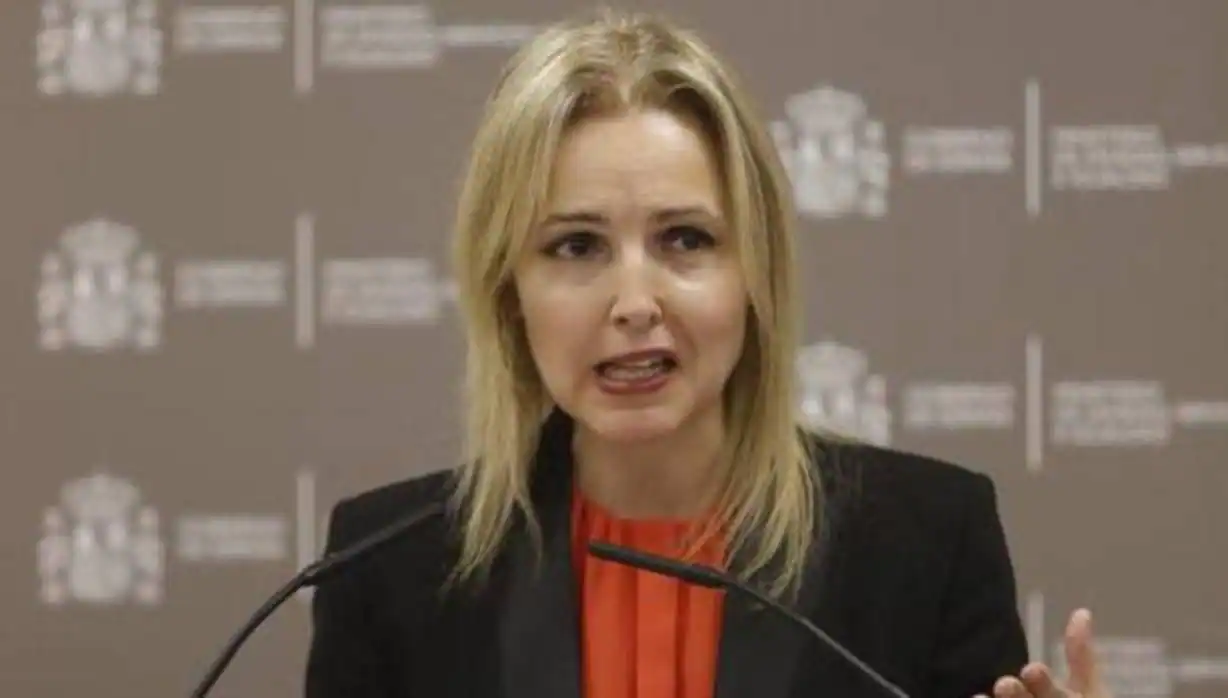The ASSA meetings are a cornucopia. Here are some sessions related to market design that caught my eye in the
preliminary program for the first day of conferencing, Friday January 3. No one can go to all of them, aside from interviewing junior market candidates, some of these sessions conflict with each other...:-(
Frontiers in Market Design
Paper Session
Friday, Jan. 3, 2020 8:00 AM - 10:00 AM
Marriott Marquis San Diego, Catalina
Hosted By: ECONOMETRIC SOCIETY
Chair: Eric Budish, University of Chicago
Targeting In-Kind Transfers through Market Design: A Revealed Preference Analysis of Public Housing Allocation
Daniel Waldinger, New York University
Approximating the Equilibrium Effects of Informed School Choice
Claudia Allende, Columbia University and Princeton University
Francisco Gallego, Pontifical Catholic University of Chile
Christopher Neilson, Princeton University
The Efficiency of A Dynamic Decentralized Two-Sided Matching Market
Tracy Liu, Tsinghua University
Zhixi Wan, Didi Chuxing
Chenyu Yang, University of Rochester
Will the Market Fix the Market? A Theory of Stock Exchange Competition and Innovation
Eric Budish, University of Chicago
Robin Lee, Harvard University
John Shim, University of Chicago
When Do Cardinal Mechanisms Outperform Ordinal Mechanisms?: Operationalizing Pseudomarkets
Hulya Eraslan, Rice University
Jeremy Fox, Rice University
Yinghua He, Rice University
Yakym Pirozhenko, Rice University
*********
Search and Matching in Education Markets
Paper Session
Friday, Jan. 3, 2020 10:15 AM - 12:15 PM (PST)
Marriott Marquis San Diego, Rancho Santa Fe 2
Hosted By: AMERICAN ECONOMIC ASSOCIATION
Chair: Eric Budish, University of Chicago
Simultaneous Search: Beyond Independent Successes
Ran Shorrer, Pennsylvania State University
Search Costs, Biased Beliefs and School Choice under Endogenous Consideration Sets
Christopher Neilson, Princeton University
Claudia Allende, Columbia University
Patrick Agte, Princeton University
Adam Kapor, Princeton University
Facilitating Student Information Acquisition in Matching Markets
Nicole Immorlica, Microsoft Research
Jacob Leshno, University of Chicago
Irene Lo, Stanford University
Brendan Lucier, Microsoft Research
Why Are Schools Segregated? Evidence from the Secondary-School Match in Amsterdam
Hessel Oosterbeek, University of Amsterdam
Sandor Sovago, University of Groningen
Bas van der Klaauw, VU University Amsterdam
***********
Market Design
Paper Session
Friday, Jan. 3, 2020 10:15 AM - 12:15 PM
Marriott Marquis San Diego, Del Mar
Hosted By: ECONOMETRIC SOCIETY
Chair: Sergei Severinov, University of British Columbia
Market Design and Walrasian Equilibrium
Faruk Gul, Princeton University
Wolfgang Pesendorfer, Princeton University
Mu Zhang, Princeton University
Repeat Applications in College Admissions
Yeon-Koo Che, Columbia University
Jinwoo Kim, Seoul National University
Youngwoo Koh, Hanyang University
Entry-Proofness and Market Breakdown under Adverse Selection
Thomas Mariotti, Toulouse School of Economics
Who Wants to Be an Auctioneer?
Sergei Severinov, University of British Columbia
Gabor Virag, University of Toronto
**********
Transportation Economics
Paper Session
Friday, Jan. 3, 2020 10:15 AM - 12:15 PM (PST)
Marriott Marquis San Diego, La Costa
Hosted By: ECONOMETRIC SOCIETY
Chair: Tobias Salz, Massachusetts Institute of Technology
The Selection of Prices and Commissions in a Spatial Model of Ride-Hailing
Cemil Selcuk, Cardiff University
The Welfare Effect of Road Congestion Pricing: Experimental Evidence and Equilibrium Implications
Gabriel Kreindler, University of Chicago
Customer Preference and Station Network in the London Bike Share System
Elena Belavina, Cornell University
Karan Girotra, Cornell University
Pu He, Columbia University
Fanyin Zheng, Columbia University
Platform Design in Ride Hail: An Empirical Investigation
Nicholas Buchholz, Princeton University
Laura Doval, California Institute of Technology
Jakub Kastl, Princeton University
Filip Matejka, Charles University and Academy of Science
Tobias Salz, Massachusetts Institute of Technology
**********
Information (Design), Black Markets, and Congestion
Paper Session
Friday, Jan. 3, 2020 2:30 PM - 4:30 PM
Manchester Grand Hyatt San Diego, Torrey Hills AB
Hosted By: ECONOMIC SCIENCE ASSOCIATION
Chair: Dorothea Kuebler, WZB Berlin Social Science Center
An Experimental Study of Matching Markets with Incomplete Information
Marina Agranov, California Institute of Technology
Ahrash Dianat, University of Essex
Larry Samuelson, Yale University
Leeat Yariv, Princeton University
Information Design in Dynamic Contests: An Experimental Study
Yan Chen, University of Michigan
Mohamed Mostagir, University of Michigan
Iman Yeckehzaare, University of Michigan
How to Avoid Black Markets for Appointments with Online Booking Systems
Rustamdjan Hakimov, University of Lausanne
C.-Philipp Heller, NERA Economic Consulting
Dorothea Kuebler, WZB Berlin Social Science Center
Morimitsu Kurino, Keio University
Application Costs and Congestion in Matching Markets
Yinghua He, Rice University
Thierry Magnac, Toulouse School of Economics
Discussant(s)
Christian Basteck, ECARES Brussels
Lionel Page, University of Technology Sydney
Robert Hammond, University of Alabama
Ahrash Dianat, University of Essex
*******
Tech Economics
Paper Session
Friday, Jan. 3, 2020 2:30 PM - 4:30 PM
Marriott Marquis San Diego, San Diego Ballroom A
Hosted By: NATIONAL ASSOCIATION FOR BUSINESS ECONOMICS
Chair: Michael Luca, Harvard Business School
GDPR and the Home Bias of Venture Investment
Jian Jia, Illinois Institute of Technology
Ginger Jin, University of Maryland
Liad Wagman, Illinois Institute of Technology
New Goods, Productivity and the Measurement of Inflation: Using Machine Learning to Improve Quality Adjustments
Victor Chernozhukov, Massachusetts Institute of Technology
Patrick Bajari, Amazon
Double Randomized Online Experiments
Guido Imbens, Stanford University
Patrick Bajari, Amazon



